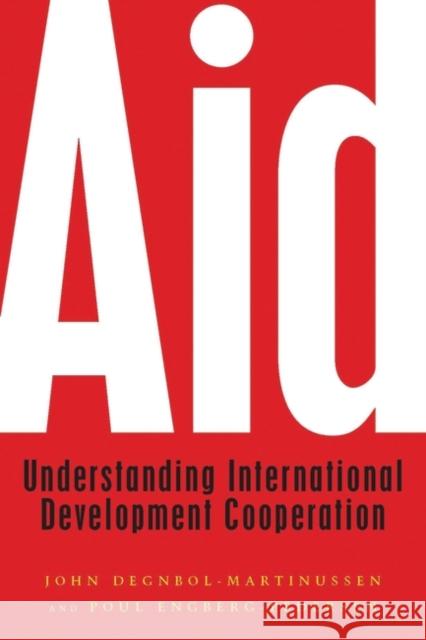Aid: Understanding International Development Cooperation » książka
Aid: Understanding International Development Cooperation
ISBN-13: 9781842770399 / Angielski / Miękka / 2003 / 368 str.
This benchmark study by two leading authorities on international development cooperation:
* Provides a comprehensive and up-to-date analysis of aid as it has evolved over the last 50 years.
* Pays special attention to the new challenges facing donors and recipients since the end of the Cold War.
* Reviews bilateral and multilateral agencies motives, development goals and aid strategies and deals extensively with the actual delivery of aid and how donors interact with actors in developing countries.
* Deals comprehensively with the role of NGOs from both the North and the South in development.
* Examines the complex and problematic links between emergency relief, humanitarian assistance and long-term development co-operation.
* Analyses the international debates on aid impact and how aid has worked under different conditions in developing countries.
* Shows that aid has proved valuable for recipient countries in general but more so in countries with coherent development policies and strong political institutions.
The authors argue that no better alternative exists to replace taxpayer-financed aid as the main mechanism for promoting greater equality between North and South and within the countries of the South. It should therefore be continued while at the same time being made more effective and efficient, and the authors present ideas to achieve this. They conclude by examining new modes of financing development and new modes of international cooperation aimed at bringing about growth and human development.
This major study - replete with detailed statistical and factual information, comprehensive in scope, and penetrating in its analysis - is likely to stand as the authoritative account of international aid for many years.
"











